Search
Search Results
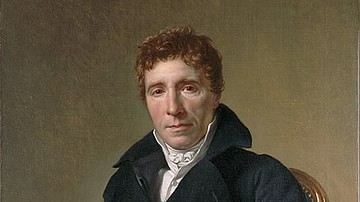
Definition
Emmanuel-Joseph Sieyès
Emmanuel-Joseph Sieyès (1748-1836), commonly known as Abbé Sieyès, was a French clergyman and political writer, who became a leading voice in the Third Estate during the French Revolution (1789-99). Sieyès played instrumental roles in both...
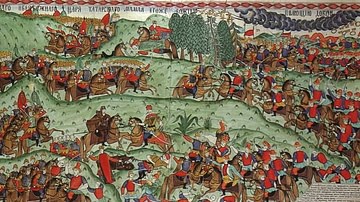
Definition
Golden Horde
The Golden Horde was the European appanage of the Mongol Empire (1206-1368 CE). Begun in earnest by Batu Khan in 1227 CE, the territory that would eventually become the Golden Horde came to encompass parts of Central Asia, much of Russia...
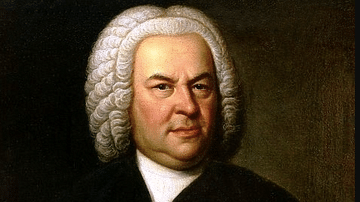
Definition
Johann Sebastian Bach
Johann Sebastian Bach (1685-1750) was a German organist and composer whose work is today regarded as amongst the finest of mature baroque music (c. 1600-1750). More famous as an organist than as a composer in his own lifetime, Bach's rich...
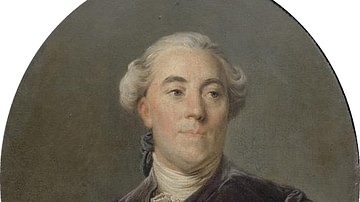
Definition
Jacques Necker
Jacques Necker (l. 1732-1804) was a Swiss banker and statesman who served as finance minister to King Louis XVI of France (r. 1774-1792). He served in the king's ministry three separate times, tasked with navigating France through its dire...
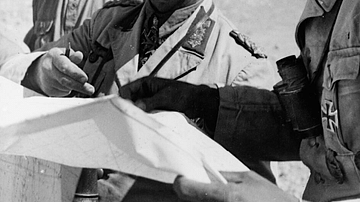
Definition
Erwin Rommel
Erwin Rommel (1891-1944) was a German field marshal who gained fame as a tank commander in the Fall of France in 1940 and then as the commander of the Afrika Korps in North Africa, where he gained numerous victories. Known as the 'Desert...
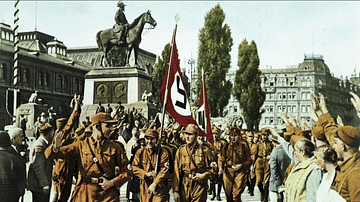
Definition
Sturmabteilung
The Sturmabteilung (SA or Storm Detachment), popularly known as the Brownshirts for their uniform, was the paramilitary arm of the German Nazi party led by Adolf Hitler (1889-1945). The SA was formed in 1921 and led most famously by Ernst...
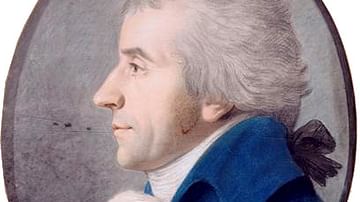
Definition
Jacques-Pierre Brissot
Jacques-Pierre Brissot de Warville (1754-1793) was a French journalist, abolitionist, and politician who played a prominent role in the French Revolution (1789-1799). A leader of the Girondins, a moderate political faction, Brissot was instrumental...
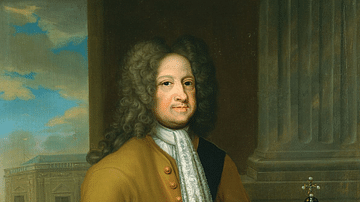
Definition
George I of Great Britain
George I of Great Britain (r. 1714-1727) succeeded the last of the Stuart monarchs, Queen Anne of Great Britain (r. 1702-1714) because he was Anne's nearest Protestant relative. The House of Hanover secured its position as the new ruling...
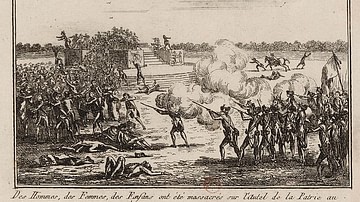
Definition
Champ de Mars Massacre
The Champ de Mars Massacre was an incident that took place on 17 July 1791, when soldiers of the National Guard under the Marquis de Lafayette opened fire on a crowd of demonstrators, who were calling for a referendum on the king's abdication...
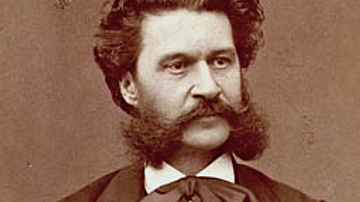
Definition
Johann Strauss II
Johann Strauss II (1825-1899), aka Strauss the Younger, was an Austrian composer best known for his waltzes such as The Blue Danube. Famed throughout Europe and the United States in his own lifetime, Strauss was known as the 'Waltz King'...